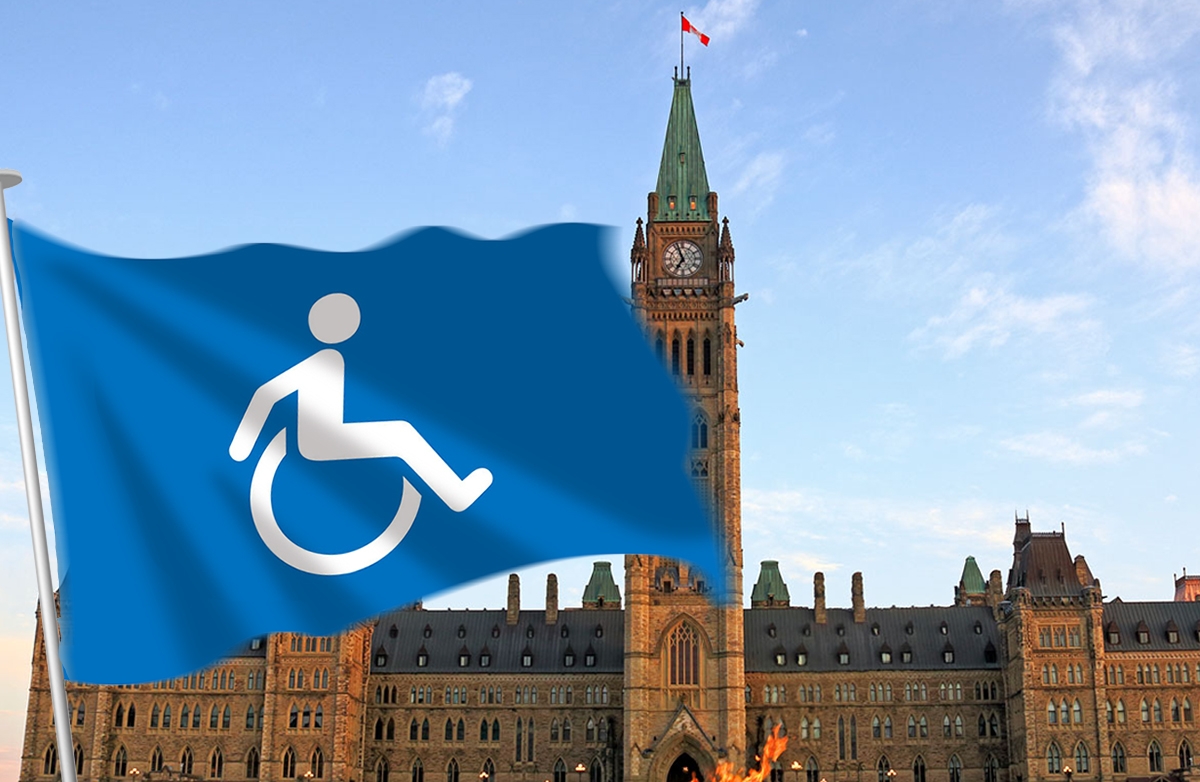
Canadians with disabilities are living in poverty
By Krista Carr
Twenty-two per cent of people in Canada over the age of 15 have a disability. They are your friends, neighbours, family members and coworkers — and almost a quarter of them are living in poverty.
People you know and love can’t afford to pay their rent, put food on their table or purchase their prescription medication. A targeted federal income program can change that. Now that the federal election has passed, it’s time to take brisk action.
It's no surprise that people with disabilities are struggling to make ends meet. For years, patchwork income programs at the provincial, territorial and federal levels have left people with disabilities living far below the poverty line. Many of these programs have strict earning restrictions, limiting people’s ability to improve their situation through employment.
Unemployment rates for people with disabilities are staggering. Those who do work often find themselves earning less than people without disabilities.
The COVID-19 pandemic took a bad situation and made it worse. People with disabilities were laid off work. The price of essential items skyrocketed. Safe, accessible transportation options disappeared. People with disabilities living on fixed incomes became more isolated. While most of us turned to technology to stay connected, many people with disabilities couldn’t afford home Internet or the cost of a cell phone.
The good news is it doesn’t have to be this way.
As our country works towards social and economic recovery, we have an opportunity to make sure that people with disabilities don’t get left behind. Introducing a targeted federal income program is an effective, impactful way to make that happen.
Designing a targeted federal income program is a lot of work. Disability organizations understand this and have developed recommendations in consultation with people with a disability living in poverty and their families to help the Canadian government design a program that will adequately meet the needs of people with disabilities.
First and foremost, to be effective, a disability income program must, first, raise all working-age adults with disabilities out of poverty by assuring a minimum income of $2,200 per month. Such a program must also prioritize the dignity of people with disabilities. This means making the application process simple, accessible and transparent. It also means not punishing people because they live together.
Any federal income program must also use a definition of disability that is broad and inclusive, like the one in Canada’s Accessible Canada Act. And it must support people with disabilities to work and keep their employment earnings, without fear of losing access to stable income, medical benefits, housing or disability supports.
We have the vision, now we need the public and political will to make this happen.
The Liberal government made a commitment before the election to introduce a targeted federal income program. Now that the dust has settled, it’s time to follow through on that commitment. You can help make that happen. As a community member and constituent you have more power than you may realize. The conversations you have with your local Member of Parliament (MP), and the priorities you share with them do have an impact. Imagine if the more than 6.2 million people with disabilities in Canada reached out to their newly elected MP to talk about a targeted federal income program. Think about the power this group of people, their friends, family, and supporters could have !
Getting a targeted federal income program passed into law is going to take cooperation between all the political parties. Regardless of who got elected in your area, their support is crucial. Think about your newly elected MP and consider this:
- Are they familiar with disability issues?
- Have you heard them talk about their plan to address disability and poverty specifically?
- Where do they stand on a targeted federal income program?
Now take that information and turn it into action. Call, email or write to your local MP and tell them why a targeted federal income program matters to you. Use social media to amplify the voices of people with disabilities and disability organizations. Read their design recommendations and share them with others. Let’s make income security a reality.
Krista Carr is the Executive Vice-President of Inclusion Canada, a national non-profit working for the full inclusion and human rights of people with an intellectual disability and their families.









